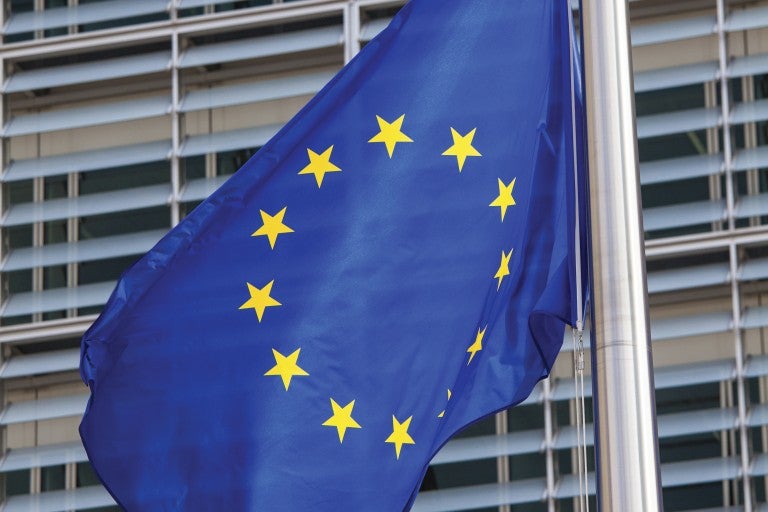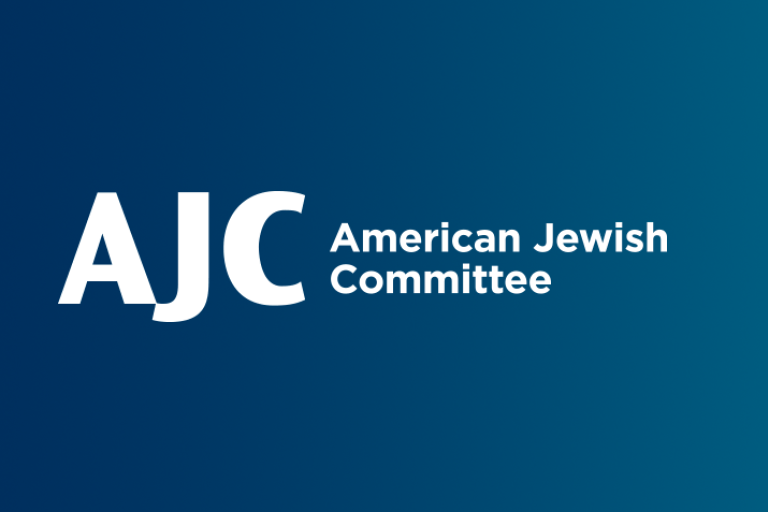January 29, 2021
This Shabbat: Parshat Beshalach
As this week’s Torah portion opens, the Children of Israel are finally leaving slavery in Egypt. But before they leave, Moses has to fulfill a promise to someone he never met - his ancestor, Joseph. Remember Joseph, second to Pharaoh, who brought his family to Egypt to save them from famine in Canaan? Things were very different back then. The Jews were beloved and protected in Egypt. The future there looked rosy. But Joseph had vision; he knew that someday the Children of Israel would return to their homeland, and he wanted to be a part of it. He exacted a promise from his family before he died that when that day came, they would take his bones with them. That promise was passed down from generation to generation. So, now, as the Children of Israel are fleeing Egypt, Moses stops to take Joseph’s bones. The Biblical commentator Sforno explains that because Moses was the leader of the Children of Israel, he was the one who held the responsibility of carrying out the promise to Joseph.
Did Moses really need yet another responsibility at this fraught moment? He was leading a people who had never been free, a people who did not yet know HOW to be free, into a long and dangerous journey through the desert. He hoped that with the help of God they would reach the Promised Land on the other side, but who really knew? Why did he need that extra burden of Joseph’s bones?
Actually, I believe that those bones were the very opposite of a burden. Moses needed to be the one tasked with the responsibility of the bones because they were what gave him the strength to continue to lead the Children of Israel through their journey. They reminded him of the bigger picture: that the Children of Israel were part of a chain of tradition that extended back to Abraham, Isaac, and Jacob; that returning to the Land of Israel was worth everything. In my mind’s eye, I imagine Moses carrying Joseph’s bones in a sack on his back. As he puts one weary foot in front of another, leading his unruly and fractious people through the desert, he reaches back every once in a while to touch the bones, to gain perspective, and to take strength of purpose from them. Jewish leaders have much to learn from the story of Moses and Joseph’s bones. While carrying our predecessors’ goals and dreams with us can feel heavy at times, it also keeps us focused on why we are on our journey to begin with, and in so doing, it will help us keep marching to the Promised Land.
This Week in Jewish History
February 5, 1840 - The Damascus Blood Libel Begins
The term “blood libel” conjures up images of medieval ignorance and Jew-hatred. In fact, though, the Damascus Blood Libel, one of the most famous blood libels in history took place in 1840, less than 200 years ago. It all began when a Catholic Capuchin friar, Father Thomas, and his Muslim servant, Ibrahim Amara, disappeared in Damascus on February 5th of that year. Although it was most likely that Father Thomas’ penchant for shady business deals led to his disappearance, the Capuchins started a rumor that Jews had murdered the two men in order to use their blood to make matzah for Passover. Many Jews were arrested as supposed conspirators in the “plot.” Some were tortured, some imprisoned, and at least one converted to Islam under duress. Authorities even detained 63 Jewish children as collateral in order to extort a confession from their mothers about the Jewish community’s culpability. Frighteningly, at least initially, many newspapers throughout Europe accepted and reported the baseless accusation of blood libel as truth.
Jews around the world, alarmed by the return to medieval thinking and worried about the fate of their co-religionists, sought to intervene to help the Jews of Damascus. A delegation whose members included Moses Montefiore, Adolphe Cremieux and others went to Damascus and negotiated the release of the prisoners. They then traveled to Constantinople and obtained a declaration from the Sultan that blood libels were false and Jews could not be accused of them. World Jewry realized the importance of uniting to advocate for one another, launching much intercommunal cooperation in the coming years. But, while crisis was averted in the short run, the legend of the blood libel continued to fester. Catholics in Damascus continued to tell visitors for many years about the friar murdered by the Jews. And, the Damascus tomb housing the supposed remains of Father Thomas still carries the inscription that he was “murdered by the Jews on February 5, 1840.” The story of the Damascus Blood Libel cements for us the importance of Jewish advocacy for Jews all over the world, and the sadly eternal fight against antisemitism.
For Shabbat Table Discussion - Israel and the Covid-19 Vaccine
Israel is receiving accolades the world over for its comprehensive and speedy vaccination program, which as of this week has successfully vaccinated over 30% of its citizens, while the United States languished at a mere 6%. Many experts have weighed in as to why Israel’s vaccination program has been so successful while those of far larger and richer countries seem mired in quicksand. At the same time, some raised questions about why Israel was not giving the Palestinians in the West Bank vaccines as well. Some members of Congress here in the United States tweeted accusations that Israel was being “cruel” and violating human rights by not providing the Palestinian Authority with vaccines for its people. The story is, of course, much more complicated than that. Legally, Israel is not responsible for supplying vaccines to the Palestinian Authority; under the Oslo Accords, the Palestinian Authority is responsible for health care for its people. And, while Palestinian Authority Foreign Minister Riyad al-Maliki criticized Israel in the United Nations Security Council for failing to provide coronavirus vaccines to the Palestinians, the Palestinians have not officially requested assistance in obtaining the vaccine from Israel. Indeed, they have independently contracted with Russia and with the pharmaceutical company AstraZeneca to obtain their own vaccine supply. Should Israel unilaterally insert itself into PA health policy and procedures? Lastly, Israeli authorities said that they have sent 200 vaccines to the Palestinians for essential healthcare workers, something the PA denies. Though the PA claims that they cannot afford to buy the vaccine, Israel has noted that the PA spends hundreds of millions of dollars each year paying the families of terrorists who attacked and murdered Israeli civilians. Perhaps, they have pointed out, such money might be better used to buy vaccines. In the end, public health officials on both sides note that, due to the intertwined nature of their societies, neither Israel nor the Palestinian territories will be safe until residents of both are vaccinated. One thing is for sure: oversimplification of this issue does no one any good.
Questions for your Shabbat table:
- What characteristics of Israeli society, healthcare, and government helped to set Israel up for success in vaccine distribution?
- What lessons might we in America learn from Israel’s success?
- How should we understand and respond to arguments that Israel should be providing vaccines to the Palestinians living under Palestinian rule?
For more information and resources:
- Read a few of the many articles in the secular and Jewish press reporting on the unprecedented success of Israel’s vaccine program here, here, and here.
- Read this JTA article which gives an excellent overview of Israel’s vaccination program, including its successes and its problems.
- Read this Times of Israel article which outlines both Israeli and Palestinian claims about the nature of Israel’s responsibilty to the Palestinians with respect to the Covid-19 vaccine.
- Read AJC CEO David Harris’ Op Ed piece about Israel, the Palestinians, and the vaccine here.
Shabbat shalom!
שבת שלום!






